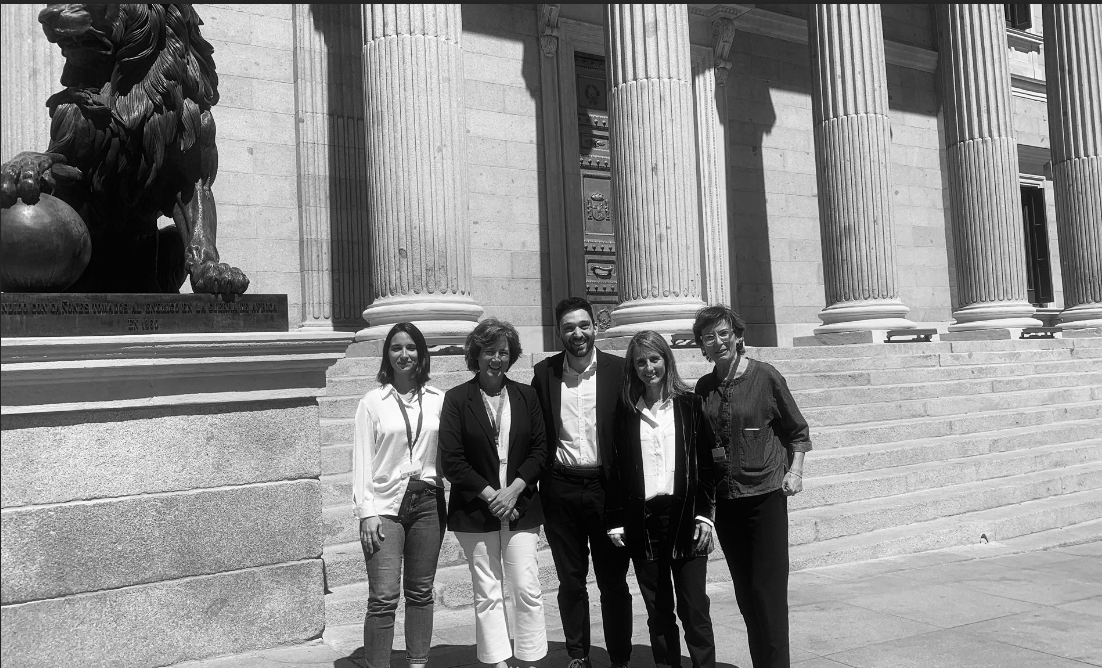News
Fundació Catalunya Cultura celebrates the approval of the reform of the Patronage Law
The State Government approves by decree the reform of the Patronage Law, a reform that represents a step forward in the recognition of the third sector

On December 19, the Council of Ministers approved a Royal Decree-Law amending the Patronage Law in force for 21 years.
The approval of the reform of this law was thwarted in the last legislature two days before receiving the conformity of the Senate. After being confirmed in Congress with the favorable votes of all political parties (31 votes) and the abstention of Vox (5 abstentions), the reform was being processed in the Upper Chamber when both Chambers were dissolved by the electoral advance of the 23J. Now, the Government has approved it this Tuesday as Royal Decree-Law and it will enter into force on January 1, 2024. Subsequently, Parliament will have to validate it.
The current legal framework in Spain for patronage is Law 49/2002, of December 23, which, in turn, updated Law 30/1994, on Foundations and Fiscal Incentives for Private Participation in Activities of General Interest , the first to incorporate the term "patronage".
The director of the Fundació Catalunya Cultura, Maite Esteve, has highlighted: "Happy for the response to a historic demand for legislation on patronage that adapts to the s. XXI, more European and fair that values solidarity and private participation in the public interest. There is still a way to go but we celebrate the progress and thank so many people who have made it possible from multiple platforms".
It should be noted that achieving a new legal and fiscal framework for patronage in the State that favors citizen and business commitment to culture through philanthropy and patronage has been one of the main objectives of the Foundation since its creation. The Foundation leads the Patronage Platform which includes more than 180 entities from the cultural, social and research fields, which have joined the demand for the reform of the Law, and which share the same vision for promotes patronage.
The approval of this reform of the law is the result of the collective work of the Third Sector, which has been demanding it for years, and its dialogue with Congress and the Ministry of Finance and Public Service.
The four main changes in the law are:
- Deductions go from 35% to 40% applicable in general, both for individuals and legal entities.
- To improve the deduction percentage, the number of financial years in which the same entity must make donations is reduced from 4 to 3 years. Individuals can go to 45% and legal entities to 50%.
- The amount that can be deducted for micro patronage goes from 150 to 250 euros (this is the basis on which 80% of the donation can be deducted from personal income tax).
- The list of economic activities that can benefit from the exemption is extended: it includes socio-employment integration and education for people with high abilities, for example








